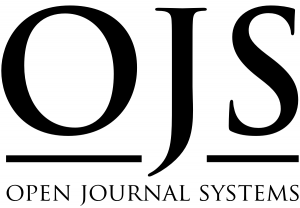Pengangguran, Inflasi dan Kebijakan Pemerintah dalam Perspektif Ekonomi Islam
Abstract
This study aims to analyze the relationship between unemployment, inflation, and government policy from an Islamic economic perspective. Unemployment and inflation are two major economic problems that can affect the social and economic stability of a country. In Islamic economics, Islam basically does not recognize the term inflation because the currency used is the dinar and dirham, the value of which is stable. Likewise, unemployment is seen as a failure of the economic system in providing halal and equitable jobs, while inflation is considered a result of unfair monetary policies and economic practices that are detrimental to the community. Government policy, in this context, has an important role to play in overcoming both problems by using Islamic economic principles, such as justice, balance, and the prohibition of usury and speculative practices. This study uses a literature study method, examining how fiscal and monetary policies can be adjusted to Islamic values to create a just and sustainable economy. The results of this study are expected to provide more effective policy recommendations in reducing unemployment and inflation, as well as creating social welfare for the community in accordance with Islamic economic principles. To overcome the problem of unemployment, what needs to be fixed is the human mentality and the improvement of the social system. Through an integral and comprehensive education system supported by adequate facilities, so that it can reach all levels of society, self-awareness must be built about the dignity and worth of humans as perfect creatures of Allah SWT.
Copyright (c) 2024 Elsa Susanti, Meri Kartika, Muhammad Albahi

This work is licensed under a Creative Commons Attribution-NonCommercial 4.0 International License.









